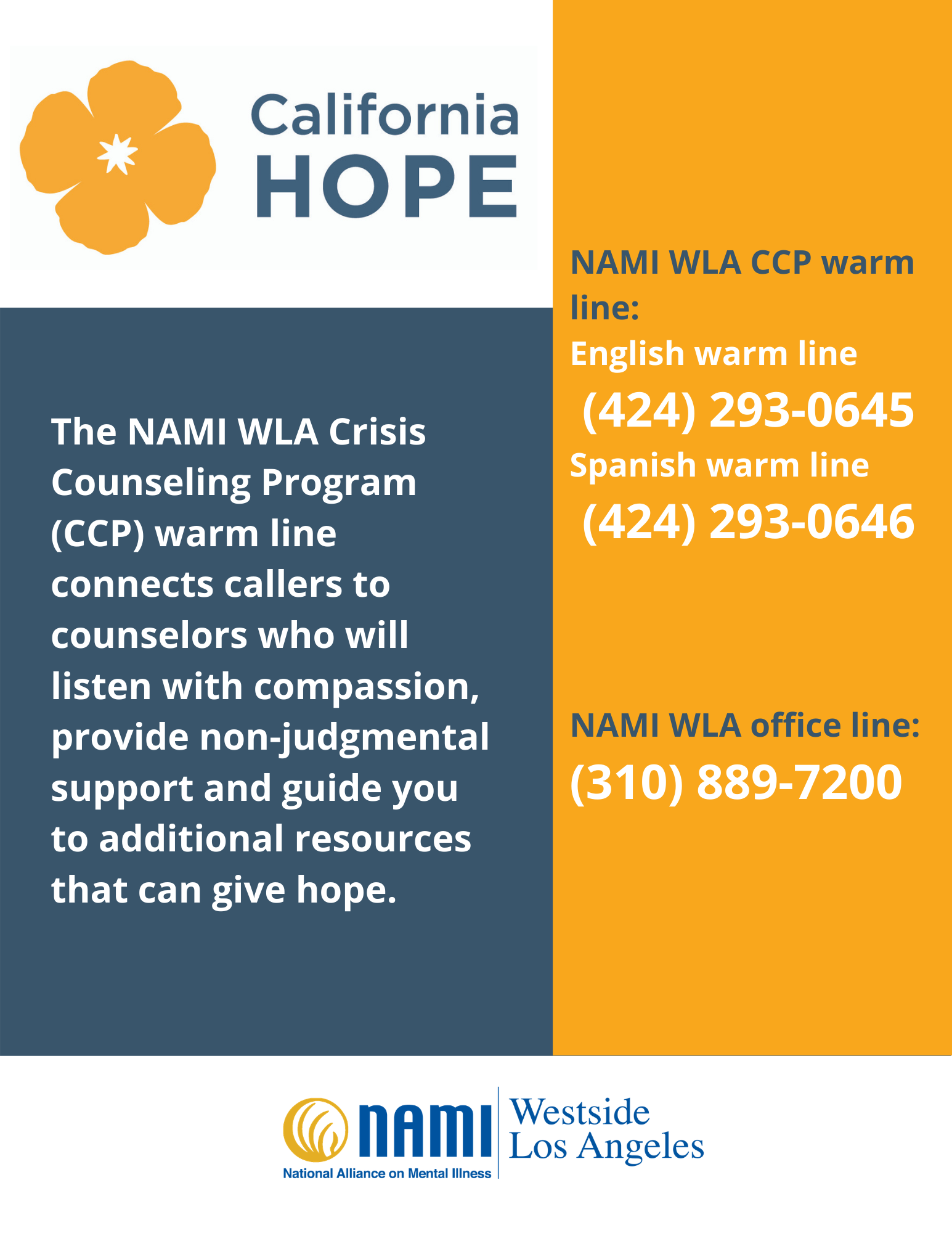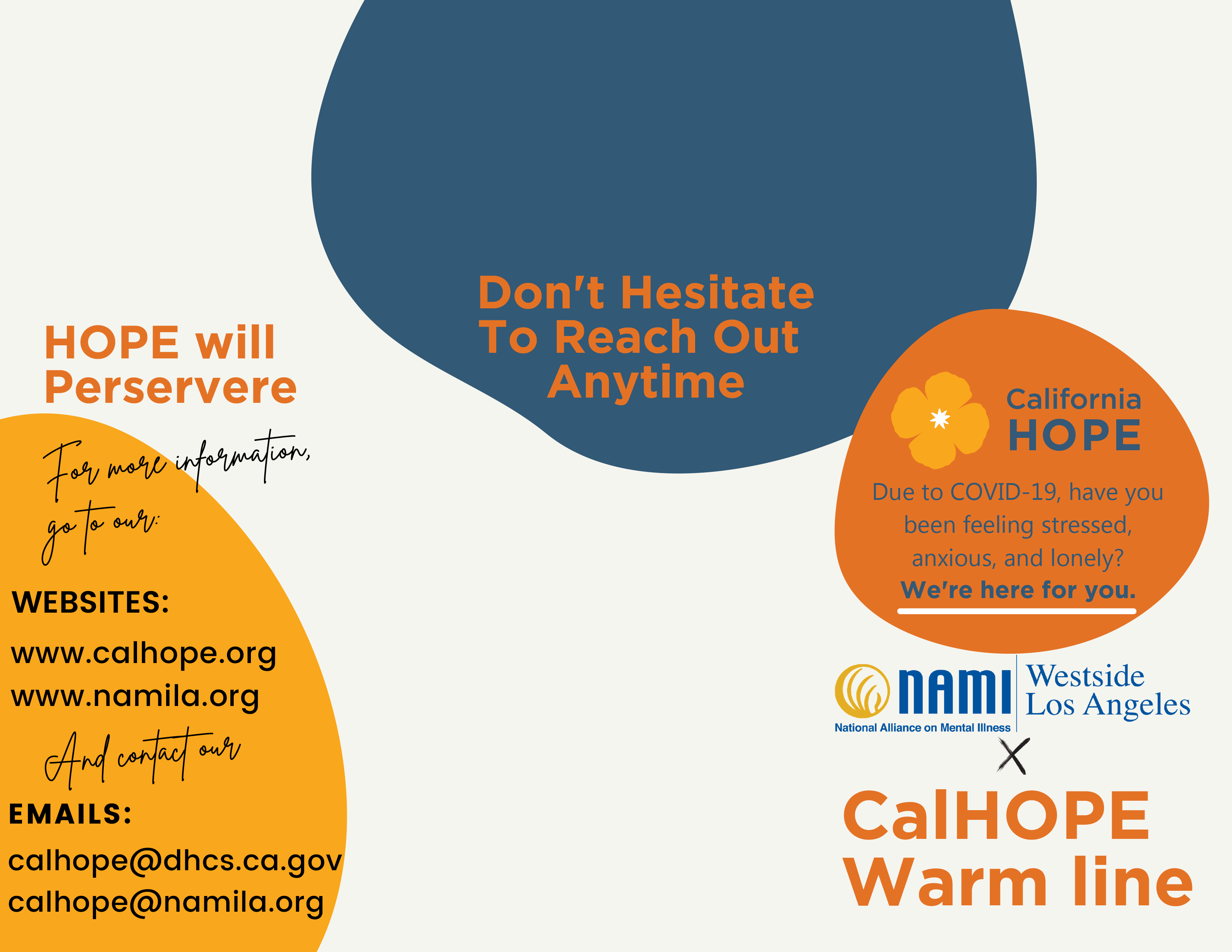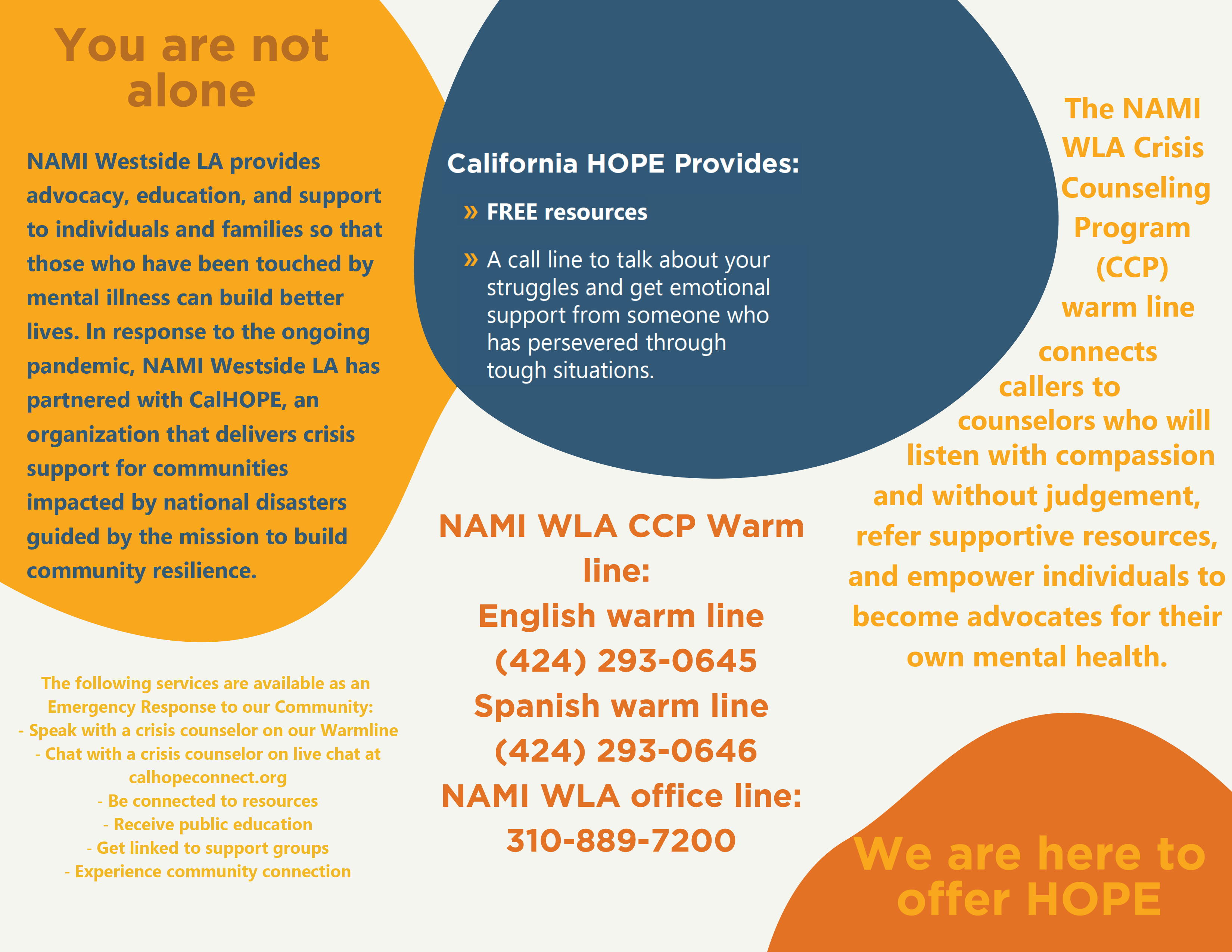The California Department of Rehabilitation (DOR) works in partnership with consumers and other stakeholders to provide services and advocacy resulting in employment, independent living, and equality for individuals with disabilities. Here is the link to their website: DOR.
Resources for Students
Student FAQ's:
Responsibilities for ALL students:
Here are some resources to help you study:
The DRC does not have its own tutoring center. However, we can offer accommodations for tutoring on campus at the Learning Center. Please email canadadrc@smccd.edu to make an appointment with a DRC counselor to discuss what types of tutoring accommodations you are eligible for.
We have may tips on study strategies. Please click here to learn more.
Creating a Study Environment
1. Choose an area that will be exclusively used for studying
2. Surround yourself with study aides
3. Study in quiet areas without TVs and radios
4. Do not study in areas where you’ll fall asleep or become groggy
When to Study
1. Study during the early morning, afternoon, and early evening since you’ll better retain information. Avoid studying late at night.
2. Study during times when you will not be distracted by friends, extra-curricular activities, or work responsibilities
3. Don’t study when you’re tired. Get plenty of rest before long study sessions
4. When you can no longer concentrate or become extremely tired, end the study session
How to Study & Concentrate
1. When studying in distracting situations, move to a new setting
2. During study sessions, jot down distracting thoughts. This will enable you to forget them and focus on studying
3. Begin study sessions by identifying goals. This could include the number of homework problems to work through or pages to read
4. Reward yourself for meeting your study goals, which could include going to the movies, reading a book, or other activities you enjoy
5. Structure study sessions by organizing content to be studied into chunks. This will limit boredom during long sessions
6. Schedule periodic breaks to clear your mind
7. Do not study while you’re watching TV or socializing with friends
8. If you struggle concentrating, schedule multiple short study sessions
9. Schedule study sessions in advance to avoid possible distractions
10. Remember that friends will not lose respect for you if you miss out on social gathering to study.
11. Plan study sessions around content to cover rather than time. Constantly checking your watch is distracting
Here are some support resources on campus that you might find helpful:
We work closely with the Personal Counseling Department. Please complete the Personal Counseling Interest Form to request to see a personal counselor. You can also find more helpful information on their website.
If you have any questions about your health or health insurances, please contact the Health Center. Here is the link to their website.
Along with the DRC, the college has resources to help students with a variety of needs:
- Financial Aid Office
- The Personal Counseling Center
- General Counselors for academic advising
- The Health Center
- The Learning Center for tutoring
- TRIO Student Support Services
- Transfer Center for assistance to transfer to a 4-year university
- Dream Center
- Promise
- Veterans Services
- Canvas Support
- Spark Point Services for financial coaching
- Peer Mentors
The DRC is pleased to share this list of scholarships that may be of interest to you. This list is not intended to be comprehensive. We ask you to please check back periodically for new additions or updates.
General
- California Association of Postsecondary Education & Disability Scholarships (CAPED)
- Laura Williams Memorial Scholarship
- Microsoft DisAbility Scholarship
- USA Funds Access to Education Scholarships
Students on the Autism Spectrum
Students who are Deaf or Hard-of-Hearing
Students who are Legally Blind
- Mary P. Oenslager Scholastic Achievement Award
- National Federation of the Blind
- State of California Council of the Blind
Here are support resources OFF campus that you might find helpful:
The ADA office has important information regarding disability rights at work and at school. Here is the link to their website: ADA.



As a response to COVID-19, FEMA and CalMHSA have partnered with NAMI to create the NAMI WLA Crisis Counseling Program (CCP) warmline. Their goal is to connect callers with English and Spanish speaking crisis counselors and provide free resources to anyone who has mental health needs in the wake of COVID-19.
Click here to download the CalHope Pamphlet as a PDF.
Register to Vote:
-
Yes, if:
-
You've moved permanently to another state. Register to vote in the new state.
-
You've moved within your state or changed your name. Update your voter registration with your new location or your new name. Make sure you also update your state driver's license or state ID card before the election, if that's the voter ID you'll use.
-
-
No, if:
-
Your name and address have not changed and you're an active voter.
-
-
Maybe, if:
-
You move to a different state very close to the date of a presidential primary or general election. Check with your old state. You may be able to vote by mail through your old state for that election. After that, you'll need to register with and begin voting in your new state.
-
*The DRC is here to help you register to vote in the state of California. Please contact us at canadadrc@smccd.edu if you need any assistance. For more details please see the "Resources for Students" tab to the left of our webpage.
Every time that you request accommodations, we will ask if you would like our help to register to vote. The answer that you provide on the form will be documented on the Voter Preference Form and kept in your DRC file. Please note that in order to register to vote in California, you must be:
-
A United States citizen and a resident of California,
-
18 years old or older on Election Day,
-
Not currently in state or federal prison or on parole for the conviction of a felony (for more information on the rights of people who have been incarcerated, please see the Secretary of State's Voting Rights: Persons with a Criminal History), and
-
Not currently found mentally incompetent to vote by a court (for more information, please see Voting Rights: Persons Subject to Conservatorship).
If you checked off on the Request for Accommodations form that you wish to have help registering to vote, we will be contacting you to make an appointment with you to help you complete the Voter Registration form. To find more information on voting,you can visit: https://www.sos.ca.gov/elections/frequently-asked-questions/
As the November 3rd general election nears, we want to ensure that those of you who are eligible to vote have the necessary information to cast your ballot in the safest manner possible. COVID-19 presents some unique challenges for election administration that may require advanced preparation on your part.
- Voter Registration: We encourage students to register to vote through the Ballot Bowl Competition – a friendly voter registration competition among California’s major higher education systems.
- Vote by Mail: Registered voters can expect to receive a Vote-By-Mail ballot sent to the address listed on their
voter registration. If you have moved, you may need to re-register with your new address to prevent your ballot from being delivered to your previous
address. You can verify your voter registration online with the Secretary of State’s
“My Voter Status” tool.
- Early Voting: Whether you vote in-person or by mail, consider voting early to avoid long lines on Election Day or potential mail delays.
- Important Dates
- September 22nd - National Voter Registration Day
- October 5th - First Day Vote-by-Mail Ballots are Available
- October 19th - Non-conditional Voter Registration Deadline
- Nov 3rd - Election Day
- For more information about elections and registration, please consult: California Secretary of State
